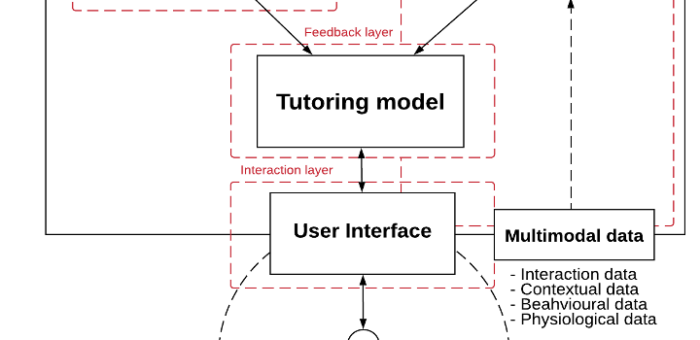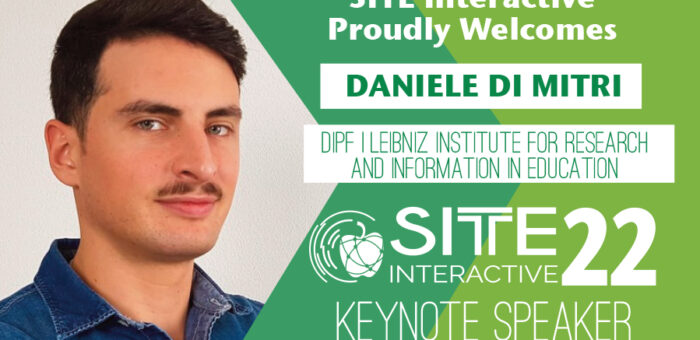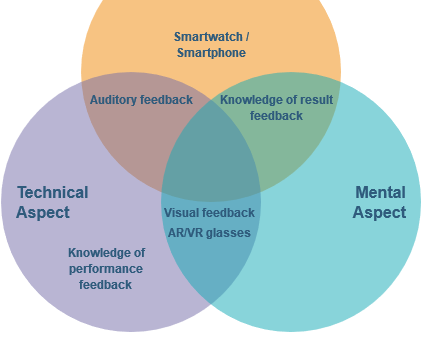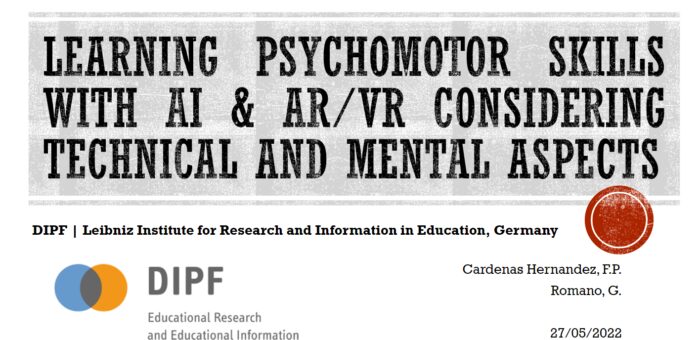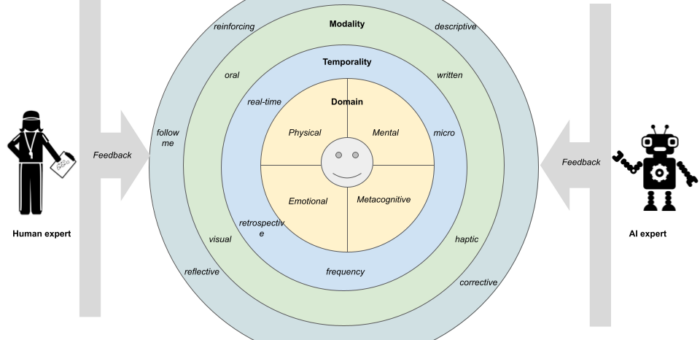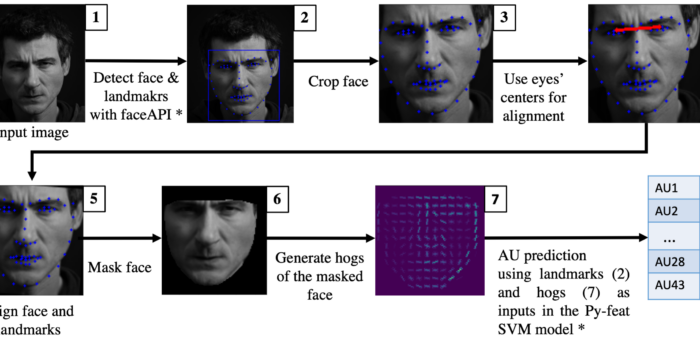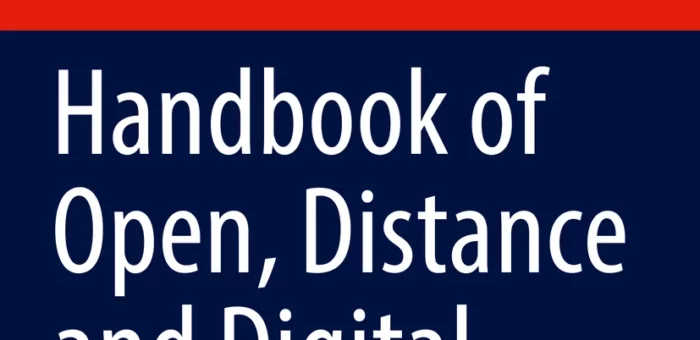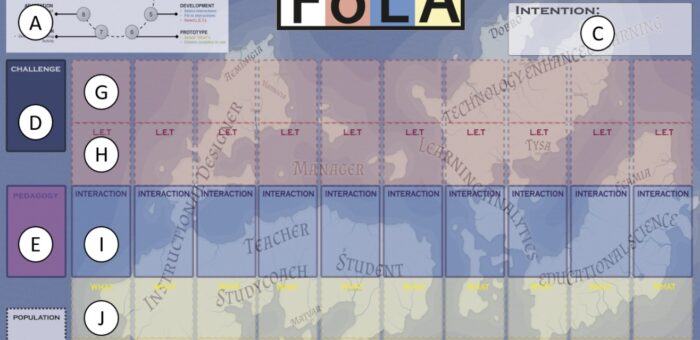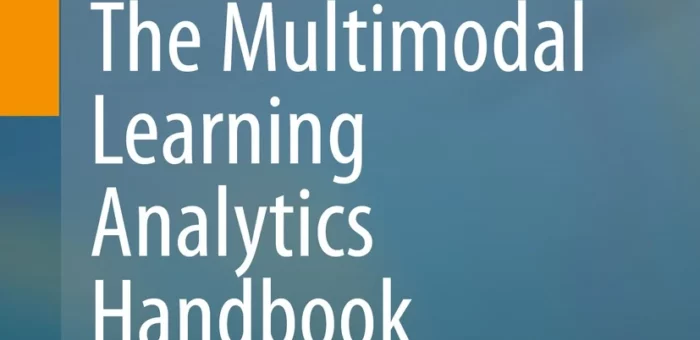
New Pub: the Multimodal Learning Analytics Handbook
Finally published, the new book "The Multimodal Learning Analytics Handbook" published by Springer edited by Michail Giannakos, Daniel Spikol, Daniele Di Mitri, Kshitij Sharma, Xavier Ochoa, Rawad Hammad. The book is the first comprehensive resource in the area of multimodal data for learning. State-of-the-art machine learning and AI methods for making sense of complex learning data. It explores the role and impact of multimodal data on teaching, learning, and training.

